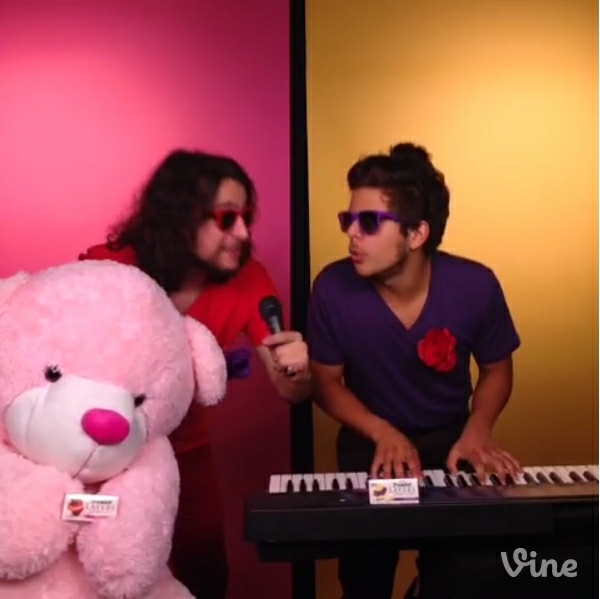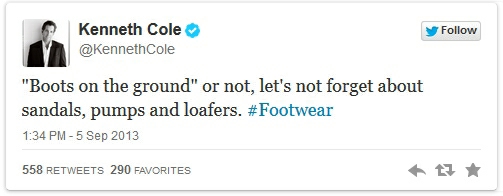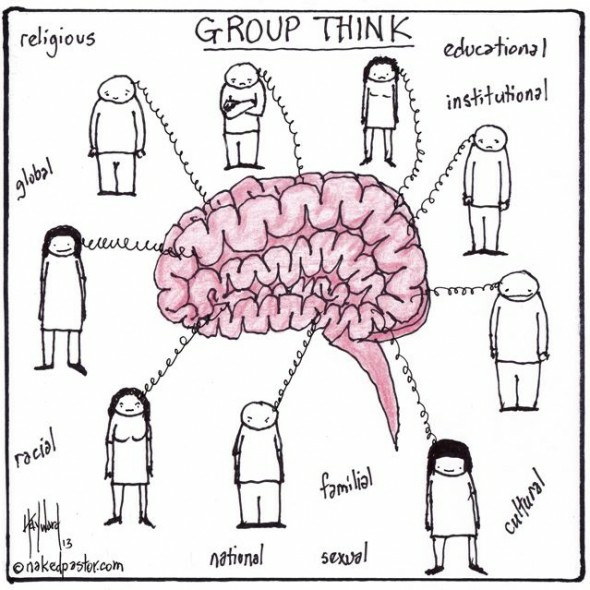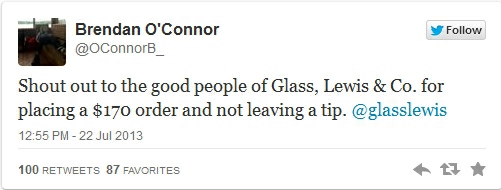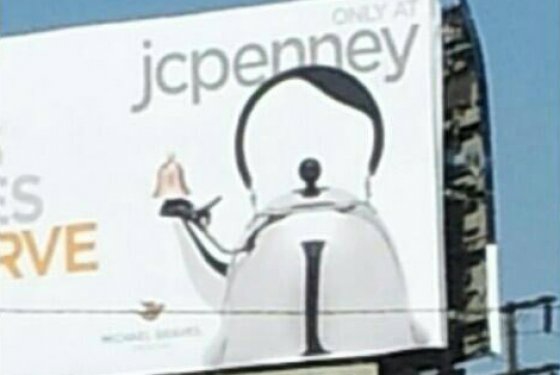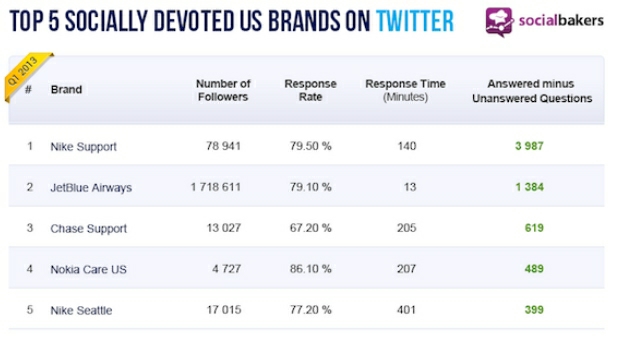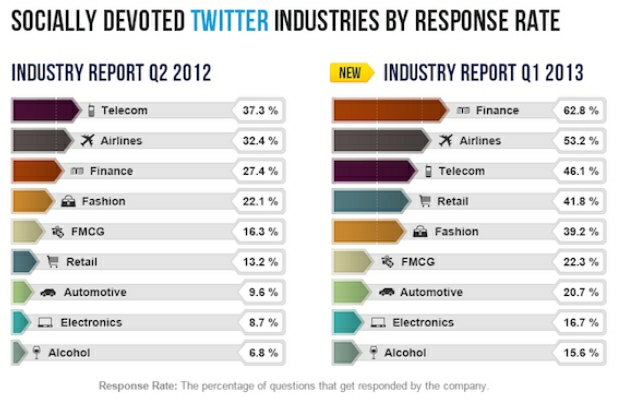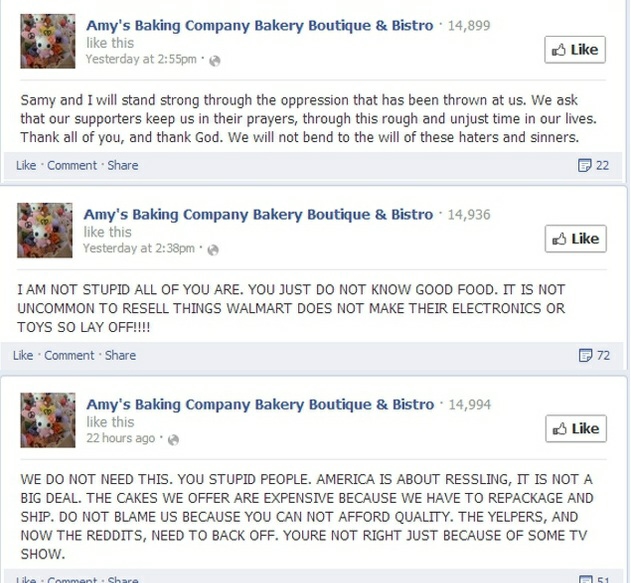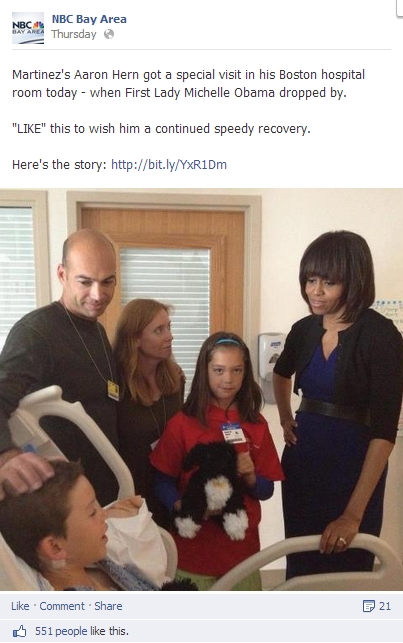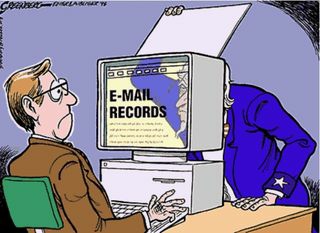 A new study shows one sure way to reduce corporate email: "start at the top."
A new study shows one sure way to reduce corporate email: "start at the top."
The seven-person management team at International Power in London saw their own influence on the number of emails sent within the organization. Sending an average of 56 emails a day, this group is actually below most middle managers in the United States. Still, the managers were surprised at this number and agreed to take steps to reduce the number of emails they sent.
According to an HBR article, executives participated in a process for reducing their emails:
"Despite a few misgivings (some felt the intervention intruded on their personal style), the executives underwent training to reduce their e-mail output by taking more-deliberate actions: not forwarding messages unless strictly necessary, limiting messages' recipients, and choosing the form of communication that would most efficiently accomplish the task at hand. In a phone call, for example, vocal tone provides real-time feedback on whether a message is being understood-something that's missing in the low-bandwidth e-mail channel. Facial expressions and body language make in-person meetings an even richer method of communication."
I was skeptical about this study, wondering how sustainable the results would be. An email reduction within a few months is easy to attain, but what about the long-term? However, the authors report email reductions lasting an impressive two years:
"Within three months the team's total e-mail output dropped by 54%. The output of the 73 other London-based employees soon began decreasing too, even though those employees received no training or feedback. In fact, this drop was even greater-64%. The result was an annual gain of 10,400 man-hours, which translates to a 7% increase in productivity. The new practices soon became embedded in the top team's behavior, and the reductions have been sustained for two years."
HBR published this "interactive," showing the number of emails that could be reduced when executives send fewer emails. Sorry, this does nothing for me. How about a simple chart instead?
Image source.
Discussion Starters:
- To what do you attribute these results in email reduction throughout the organization?
- This study took place at a British energy company. Do you think the results may be different in the United States or at a company in a different industry? Why or why not?
- What's your assessment of HBR's "interactive"? Am I too harsh in saying that it doesn't add value to the survey results?

